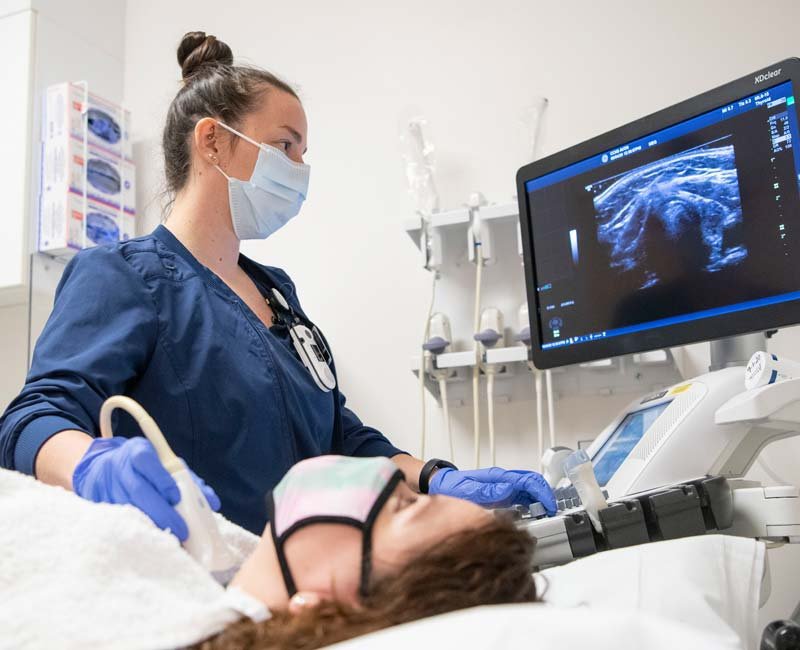Ultrasound guided musculoskeletal injection has a wide range of injection in joint, muscle, tendon, nerve, ganglion and bursa pathologies. These are less invasive procedures and provide desirable results in short duration. Local anaesthetics and corticosteroids are the most commonly injected pharmaceuticals.
MSK guided injection are commonly used into joints such as Ankle, Achilles, Elbow, Hip, Knee, Shoulder, Spine or Wrist. The guided injection is performed by qualified MSK NHS consultant clinician. All of our patients receive a thorough assessment and ultrasound scan. All of our injections are performed under ultrasound guidance to ensure they are safely and accurately delivered to the exact area of your pain.




